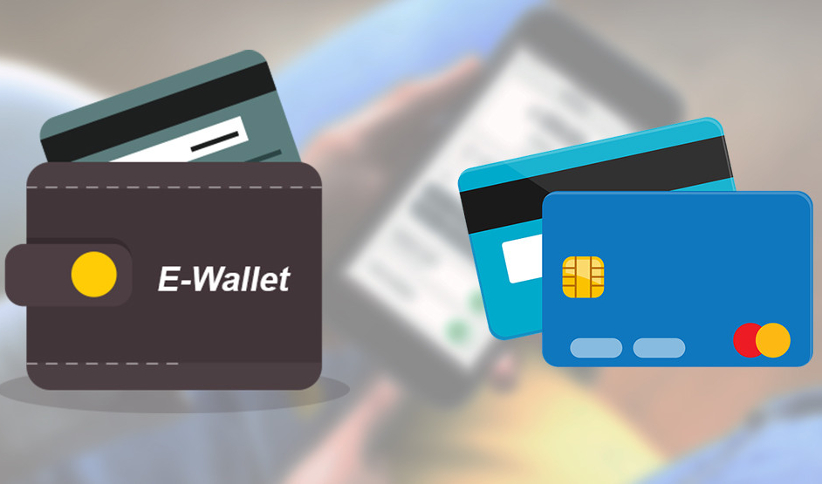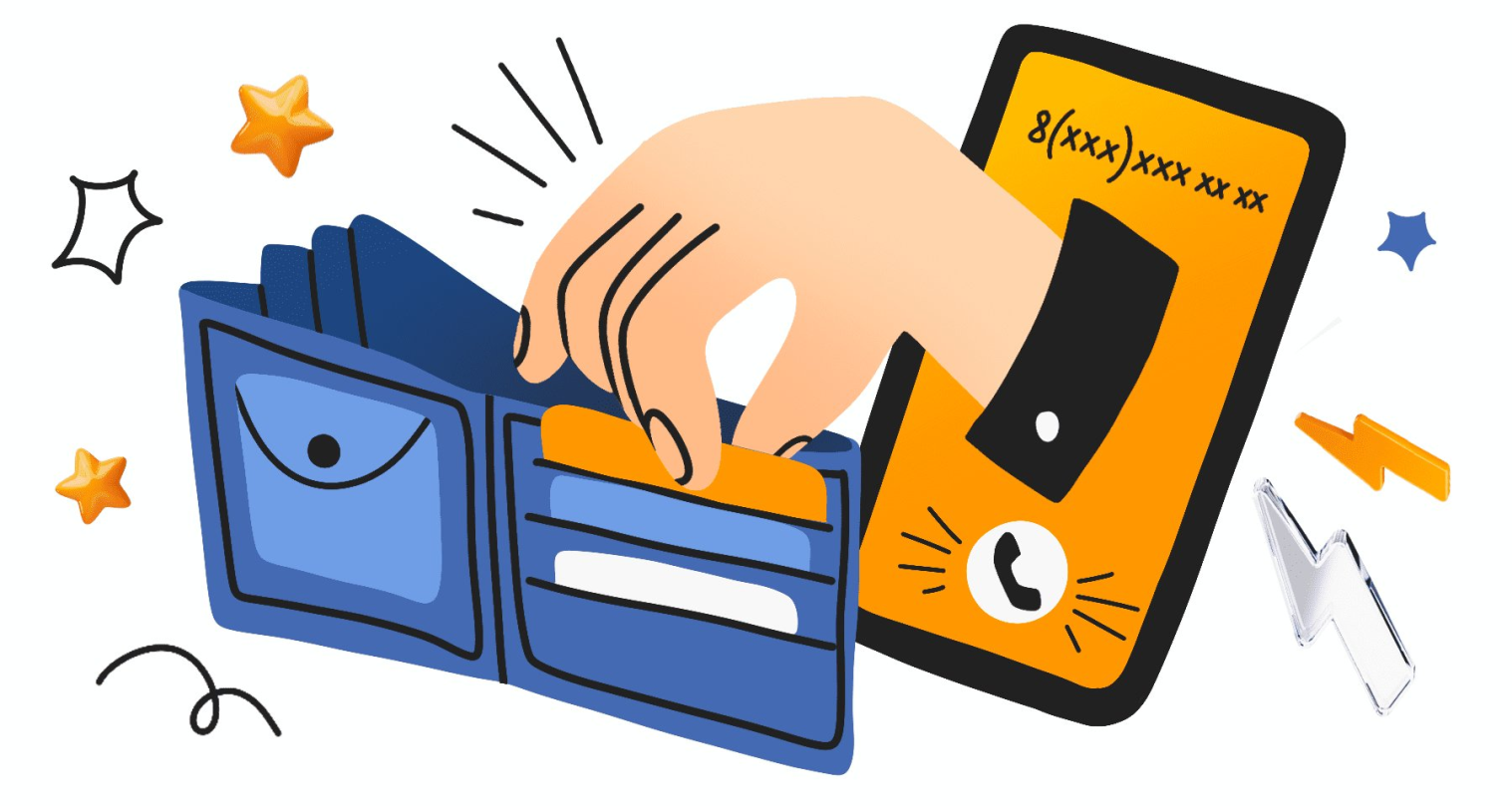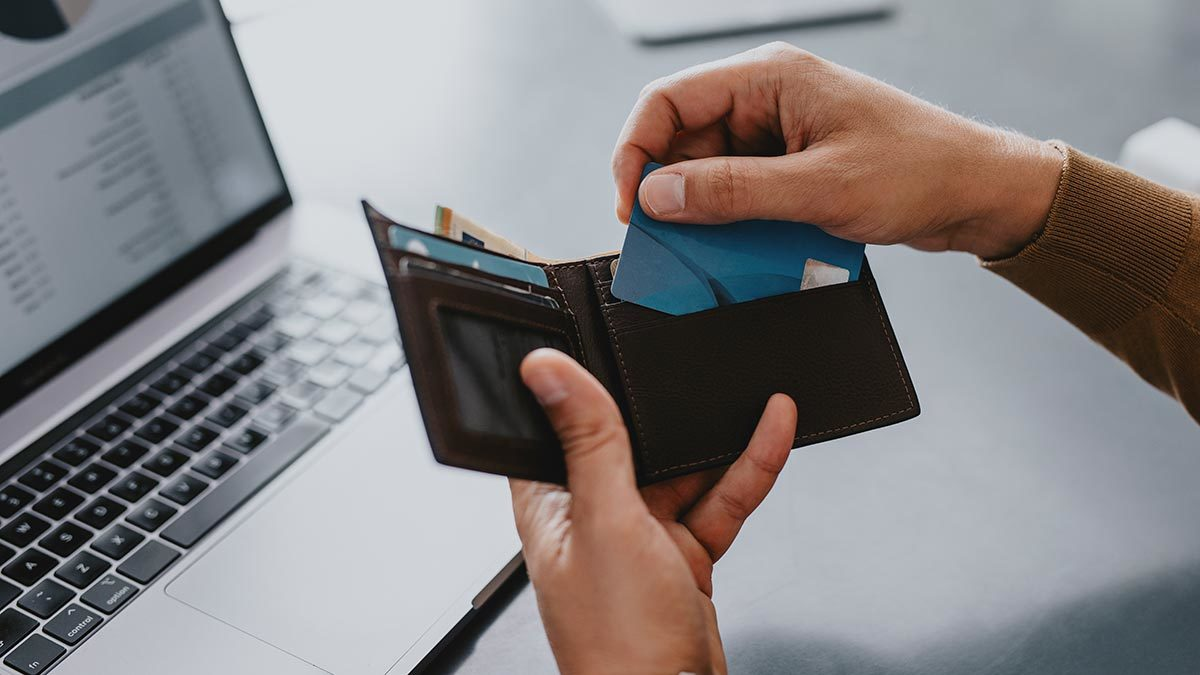Modern technology allows for a multitude of financial operations on online platforms using cryptocurrency. Payment systems are arranged in such a way that it is necessary to create online wallets with investments, and these are precisely what fraudsters target, dreaming of hacking electronic wallets and stealing cryptocurrency. Therefore, they resort to various methods of deception.
Security of Online Wallets
When creating online wallets and topping them up, users dream of high protection of their funds, so it is recommended to register only on verified and reliable financial platforms.
Dreaming of virtual money, fraudsters resort to phishing methods, sending messages with fake links to payment platforms, luring customers with lucrative offers. If you follow such a link and enter your payment details, you can expose all information to fraudsters, and they can learn:
- wallet number,
- secret code;
- PIN code;
- information about amounts,
- can easily hack it and seize the money.

The most effective method of protecting a crypto wallet is additional, so-called, two-factor authentication, where a wallet user, upon entering the payment platform, is additionally sent a code to a phone number to log into the system. Even if a fraudster knows the card number and access code, they cannot receive the second code, as they do not possess the phone's SIM card, to which the additional code is sent. Although, with sufficient knowledge and technology, fraudsters manage to clone SIM cards and gain access to the victim's finances.
How to Protect Yourself from Fraudsters in Payment Systems
To protect yourself from fraudsters in payment systems, you need to adhere to some rules:
- do not follow suspicious links;
- do not enter your personal data;
- keep electronic wallet and bank card numbers secret;
- do not share access passwords, codes;
- do not make quick, thoughtless deals;
- carefully check information about the organization offering to invest.
A useful measure for protecting wallets in payment systems is the periodic change of passwords over a certain period, this will confuse fraudsters and complicate access to electronic wallets and bank cards.

Signs of Fraud in Payment Systems
Fraudsters find a victim by contacting them first to lure them into a scam
Fraudsters pose as bank employees, reporting a problem with the card or blocking, for which it is necessary to enter personal data to avoid trouble.
This method is called social engineering, where a fraudster finds pressure points on the victim and, not giving them time to come to their senses, extracts the necessary information, which they will use for financial manipulations and theft of funds.
In such a situation, you should not rush to make payments; you need to disconnect and independently call the bank to verify the information. Most banks do not engage in sending their applications and do not ask to follow suspicious links, as they have licensed applications for customers to conduct banking operations.

Online Wallets and Financial Security
The properties of a digital wallet lie in the fact that when conducting transactions using a digital wallet, a technology called tokenization is created. During the transaction, data from the debit or credit card is encoded. Thanks to this, card numbers are not reflected with the seller. If the seller's account or online store is hacked, fraudsters will not receive card information.
No technology is insured against threats and risks, the same applies to digital online wallets. There are several common risks with security threats for online wallets:
- unauthorized access - this happens if the wallet is insufficiently protected or the password is disclosed, allowing fraudsters to withdraw funds from it;
- violation of digital data - information about online wallets is stored on servers, which is not a barrier for hackers, they can find out personal and financial data to commit theft;
- viruses and malicious software - they infect gadgets, leading to a breach of security including online wallets, such programs are set up to account for confidential information, including passwords, personal data, transaction information.
How Not to Become a Victim of an Online Wallet
All of the above provides an opportunity to be convinced that when choosing an online wallet, it is necessary to research various platforms with online wallets for security. Evaluate user reviews and the resource's reputation, choose a program with a pleasant and clear interface for convenient use of the application, check the resource for security, encryption methods, authentication, and protection.
 >
>